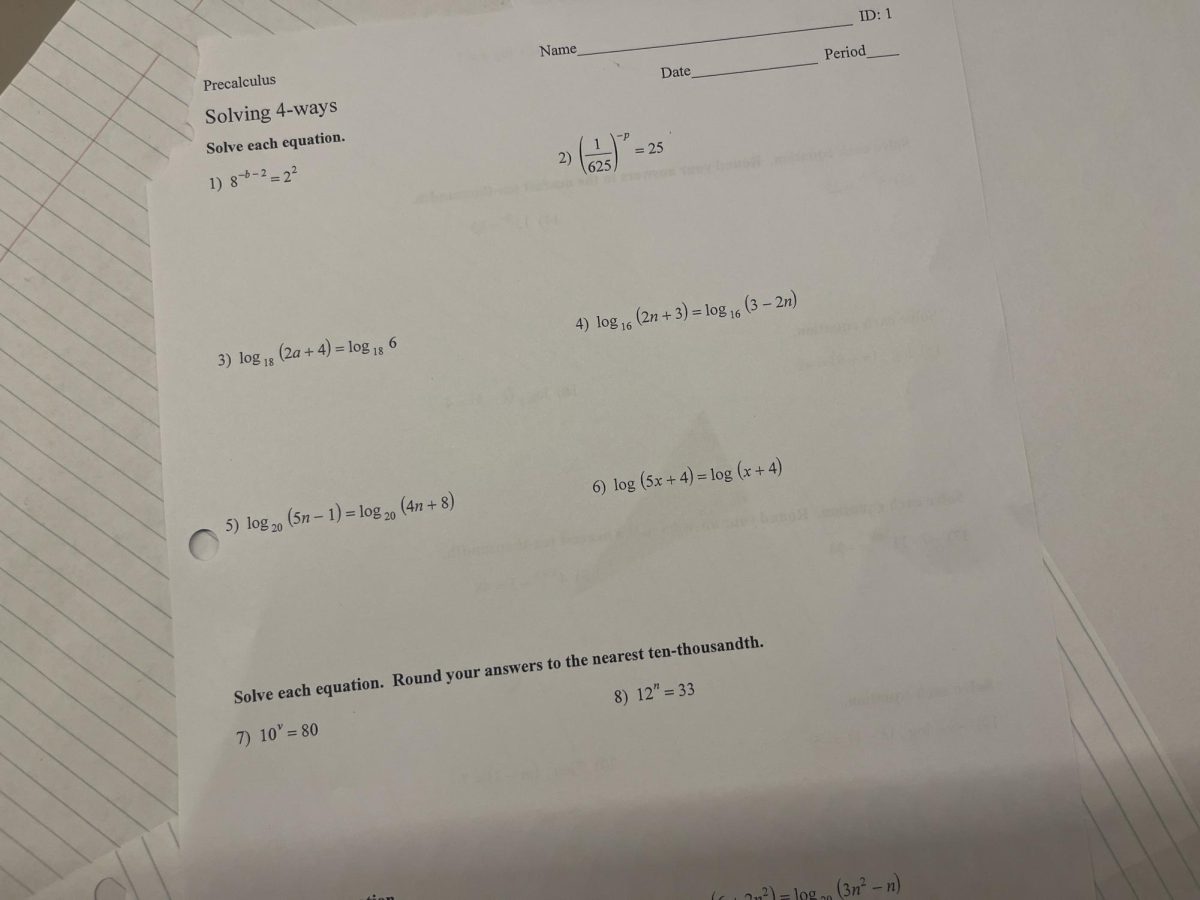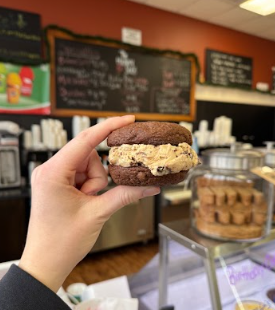Due to the advancements in the camera, people have gone from only capturing the most important moments to capturing every moment. But by continuously capturing everything people can miss out on living in the moment. In life, there are many events that people remember because they were fully immersed in where they were. Kendall Posey, a student at Cornell University, shared “When you spend all your energy trying to get the perfect picture, you’re missing the sounds, smells, and atmosphere of what’s around you.” When someone stops to get the perfect picture they are disengaging themselves from what they are doing, causing them to forget the moment easily. A study conducted in Washington shared how a group of 152 participants were split into two groups, one group watched a video with no interruptions, while the other group was asked to take pictures frequently while they watched the same video. The participants were then asked to rate how they enjoyed the video on a 100-point scale. Participants who had no distractions while watching had an average score of 72.6, while those who took pictures during the video had an average score of 63.8. The people who focused on the video were more engaged, allowing them to become more connected with the video naturally.
While some like to live in the moment and eliminate distractions when experiencing a moment, others like to capture everything. Ella Molyneux, a senior at Auburn University, is one of these people. She shared “I view these pictures and social media posts as a kind of digital scrapbook I can look back on for years to come!” Although taking the time to focus on getting the perfect picture can cause you to have decreased memory retention of a moment, being able to look back and study the picture or video can also allow you to form a long-lasting memory. It just takes more time. The same study mentioned earlier also mentioned how out of 111 people 51.4% stated that they felt taking photos had no impact on their engagement or remembrance of an experience, while 27.9% shared that taking photos made a positive impact on their remembrance, and 21.6% shared that it harmed their remembrance. When participants were asked their own opinion on whether taking photos impacted their memory of an experience 73% shared how taking pictures either had no impact or only a positive impact on their memory. While Ella shared that she likes to take pictures for the memories she also shared one experience in particular that was more memorable when she had no pictures or videos to encapsulate it. This experience was when she was at a concert in the middle of a field, and when leaving a guy started to run around with a cone on his head, and eventually ran right into the port-a-potties. Ella shared that she wasn’t able to get her phone out fast enough to video, but she and her friends were dying of laughter. They asked the guy to do it again for the pure reason of having the moment captured forever. But this ultimately took away from the novelty of the moment.
No matter how memorable a view or concert is, no memory will be truly valued if you know you have a picture to look back on when you forget about it. Posey shared “A picture could be a good reminder of the moment, but fully living it is what makes it valuable.” Life is so short, and although pictures are good for loved ones to look back on, by taking time to focus on getting the perfect picture instead of focusing on making a connection with a moment, you lose a potential core memory for yourself.
Sources:
https://source.washu.edu/2019/01/study-live-in-the-moment-dont-selfie-or-snap-it/
https://www.bbc.com/future/article/20150901-are-you-taking-too-many-pictures





